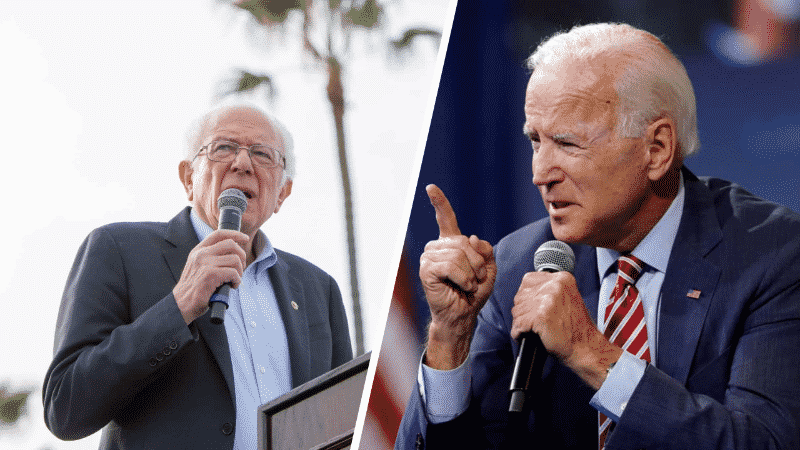Democratic presidential contender Bernie Sanders revealed his eye-popping third-quarter fundraising haul of $34.5 million — the highest of any of the 2020 Democratic candidates who have released their fundraising numbers thus far.
Former South Bend Mayor Pete Buttigieg (Ind.) disclosed that his campaign brought in $24.7 million in the last three months of 2019. Additionally, Rep. Tulsi Gabbard (D-Hawaii) said her campaign raised $3.4 million in the same period.
Former Vice President Joe Biden has yet to release his fundraising number. When his campaign disclosed that it had raised $15 million in the third quarter, it raised questions about how long his campaign could stay competitive.
Despite concerns that Biden’s campaign was losing steam, he has routinely topped his competitors among Democratic primary voters, according to an average of polls by RealClearPolitics.
Currently, Biden enjoys a comfortable lead with 28.3% support nationally with Sanders in second place at 19.1% and Warren in third place at 15.1%.
In Iowa, polls show a closer race with Buttigieg leading the pack at 22%, Sanders in second place with 20%, and Biden in third-place with 18.8%.

The issue of money in the election has become a central issue in the primary, with two billionaires competing for the nomination.
Tom Steyer and former New York City Mayor Michael Bloomberg have been accused of using their fortunes to try to “buy” the election — instead of building a grassroots movement.
Bloomberg has spent roughly $120 million since he entered the race in November and receives 4.8% support nationally — putting him ahead of several other candidates who had been campaigning for months before his entrance — while Steyer sits at 1.5%.
However, it is still too early to tell if the polling numbers will translate into actual votes in the primaries. Voting will begin on February 3 with the Iowa Caucuses where voters will get their first chance to formally make their voice heard in the primary process.
While most candidates have spent the bulk of their time thus far in Iowa and New Hampshire, Bloomberg has sought to circumvent the early voting states by focusing his time and money in Super Tuesday states, hoping to cut the momentum of his primary contenders coming out of the early states.

























 Continue with Google
Continue with Google